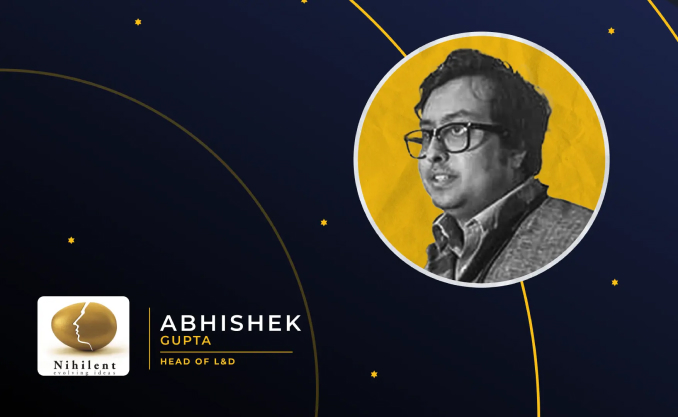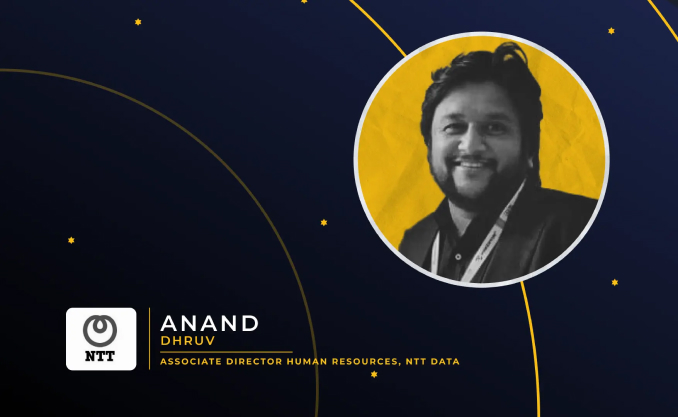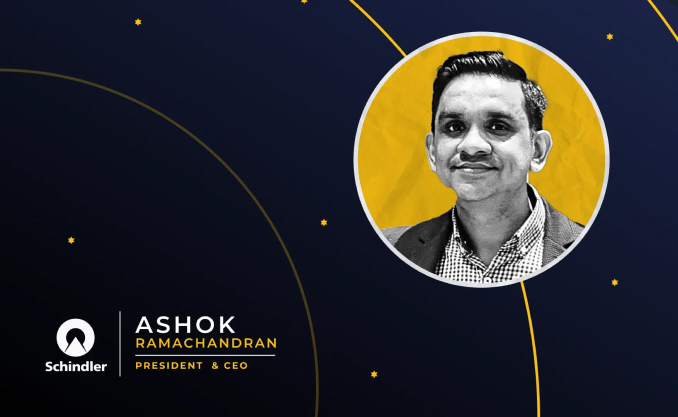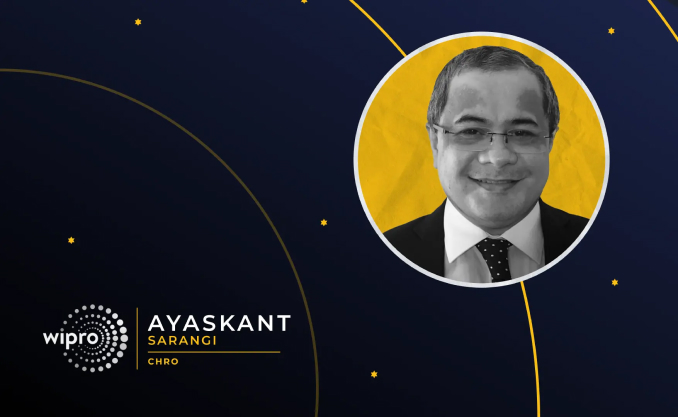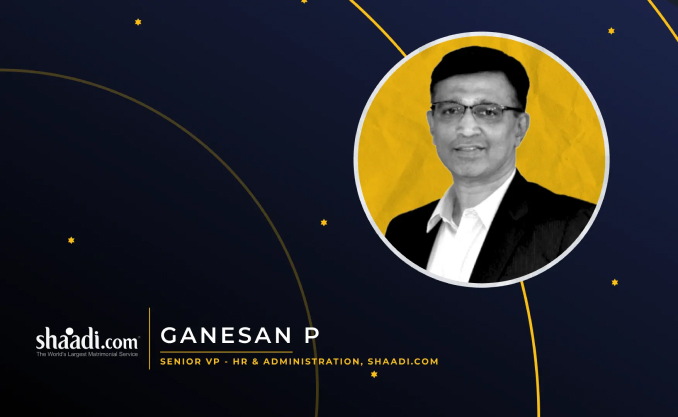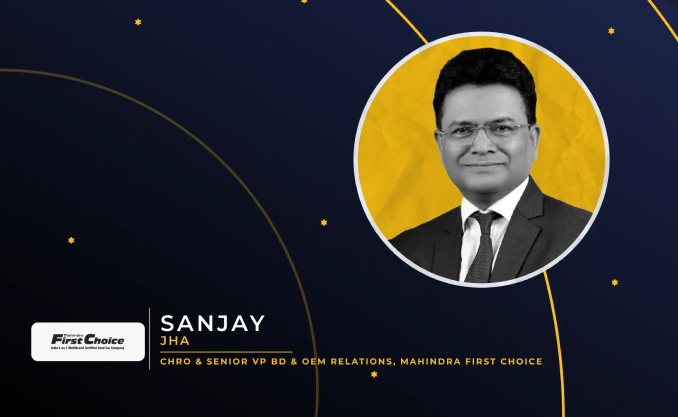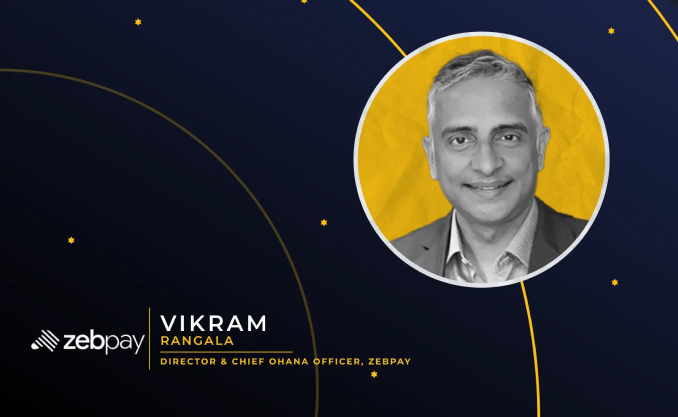A global IT industry HR professional with 2 decades of experience is something that describes Divya Anand however the one word that describes her better would be an “unconventional design thinker ”
When asked about the most critical skill for an HR analyst, Divya Anand claims there are seven skills that as an HR analyst one must have. It is only when these foundational skills are met that a person can be called an HR analyst.
Divya Anand is an avid believer of one solution fits one and claims that every organization needs its own specially designed framework; one that works only for that organization.
About Divya Anand
Divya Anand started her career in the year 1999. Divya was a part of the HR team also called the people team. While Divya did start her career with recruitment, she was always interested in tech and analytics. This led to any sort of requirement based on tech and analytics being taken up by Divya. Later on, Divya shifted from the recruitment part of HR to the compensation, benefits, HR operations, payroll, and business partnering front. In 2016, Divya got into consulting and advisory services which led to the dawn of dlogix. For about six years now dlogix has been providing consulting advisory services to companies from various sectors.
Divya as an unconventional design thinker. Meaning of the term unconventional designer.
When asked about what unconventional design thinkers stand for, here is what Divya has to say,
“The reason I say I am an unconventional design thinker is that my problem-solving approach has never been like what is given in the books. I believe that every company requires its own framework. While there are a lot of general theories and frameworks which is there in the market or industry out there, each company needs a tailor-made approach and planning. If I come up with a technology solution for two companies, you will see that it’s very different types. So everything is tailormade to their needs and it doesn’t come from any book out there.”
Acquiring people and technical skills as an HR analyst.
People and technical skills are two most important aspects of being an HR analyst and when asked regarding the same Divya points out,
“I will not call it as people and technical skills and I look at it as three stage process.
- Thinking analytics is the first part.
- The second part is doing analytics and
- The third part is presenting your analytics
In each of these areas, somebody has to acquire the skills and competencies.
- When it is about thinking, it is about the mindset, it is about understanding. Every single question could be probably answered through data analytics. That is the first thing that we need. It doesn’t require any special education degree, certification, or anything, it’s just a habit and practice.
- So in doing analytics we look at the different tips and techniques that we can use from statistics, how we look at psychological aspects, how we look at market understanding and intelligence, and of course the technical skills that are required to do analytics.
- The last one is the visual representation of our presentation skills in analytics. There is a way to present our story. So, somebody should be good in storytelling, should be able to understand what will the audience actually understands and accordingly choose their words and also visually present it in a very simple easy to understand manner. That’s the art of the analytics exercise.”
The most critical skill for an HR analyst when it comes to solving a business problem
Divya breaks down the most critical skill that an HR analyst must consist of into seven different parts as follows:
- So first of all, if somebody wants to be an analyst, there is a thought process to that role. You should be a curious child. Just like how we see in Alice in Wonderland story. If she sees the door, she immediately wants to open the door and see what’s inside that. So curiosity is something that we need and it is one of the first important skills.
- The second one is an Alchemist. What is an Alchemist? Generally, they are just trying to see what different connections or combinations they can bring in together. And through these connections, there will be something completely out of the normal that they would probably observe in an analysis role. You can see that connecting data.
- Third thing I would say is the artist. There is a science part to an analyst role and there is an artistic part to an analyst role. And the art is the visual representation of whatever we have analyzed. So generally it is a white sheet of paper, it’s an empty canvas and it’s an analyst’s responsibility to see how they are going to fill this canvas with some simple easy to understand information.
- Fourth thing is to become a detective or a lawyer. Question everything. Don’t take anything at face value. Any information you get, question yourself logically to see does this make sense.
- The fifth aspect would be to become a coach. Not everybody can understand the same information in the same way that we are thinking of. So we have to guide, we have to handle people, take them along in this journey. So don’t expect the same pace that you are following.
- Sixth thing would be to express empathy. I have seen so many times we casually use certain terms without even realizing that the other person may not understand these words anymore. So how do we be empathetic and understand how much they can relate or interpret whatever we are telling and accordingly put our thoughts across?
- Seventh and the last important aspect would be the premiere of Spirit. Have the right intention. The intention here is to make the organization successful, make your department successful, or make your team successful. So only if you’re an entrepreneur, you will get that kind of intent and then you will start solving your business problems.
These are foundational skills that a candidate who would like to be an HR analyst must have.
Opinion on how unexpected results from data can be handled with problem-solving skills.
Unexpected results tend to disrupt the plans prepared however Divya mentions all about how she handled them with her problem-solving skills. Here’s a look at it,
“There are certain myths or beliefs that are there in the organization. So I’ve been working very closely with the HR team. So, most of my examples will be on the HR front. And one of the most common myths we have come across is people are leaving because of compensation.
One of my customer’s companies, they were doing this project to see whether it is true that compensation is the problem creator here. And to be honest, the answer was very different indeed. Of course, compensation was there in the top three reasons for not being able to retain people or not being able to attract people but it was not the top reason. So, through data we were able to go and showcase that it’s not just compensation, it is a whole lot of things and to be very honest, the topmost reason that came up was manager issues and the second reason that came up was not being recognized for the hard work that is being put across and the third reason was compensation. So this came up only through analytics. If we had not done this, people would have continued to keep saying hey, compensation is the problem.”
Slow adoption of technology in the Indian market
Divya when asked whether the adoption of technology is slow in the Indian market, here’s what she has got to say,
“I won’t say the adoption of technology is slow actually, but the way the technology is issued is something that I would question.
I think the biggest challenge that we have today is we are struggling to even articulate our needs properly.
Some organizations are looking for technology as a solution, however, they still are not clear on their requirements themselves. So straight away they feel like I need an idea system, let me jump into it and start looking for what is available in the market.
The right process is that you first start by making a list of your requirements. Once you know these are the requirements you have, then you start looking for a tool that will suit your needs. That is not happening. When they jump into an immediate exploration of tools, what is happening is it becomes like okay, I am adjusting my processes and practices to the tool which is available in the market. I am not looking for a tool that is going to cater to my needs. It is completely the other way around. So, take your time. Don’t be in a hurry to go and implement the solution. I know the need is like as of yesterday, but it is still worth waiting. Take a proper decision, be 100% sure that okay, this is the solution that is going to work for you, and then identify the solution.”
Technology’s role in simplification of tracking data or creating reports in the recruitment process.
Technology, if used properly is a boon I would say. One is the entire process has got decentralized. No more commands are being obtained from a single HR professional to fill in the form or to do any other tasks. So the entire data entry into the system, and the data collection activity have been decently reduced. So the candidates right at the time of applying are filling in certain details. And then the interviewer, recruiter, and the onboarding team will individually fill in all the details. And through this decentralization, the monotony of data entry has been reduced. So we hardly see data entry jobs today, right? That is because of technological evolution. So that is one big thing that I would say has changed a lot.
Another big change that technology has brought forward is the amount of time being saved. Today, if we are more serious about HR becoming a strategic partner than an operational partner, time is of the biggest essence. How much time can I give back to my recruiters? Technology helps in this aspect where if there are 10,000 resumes, it points out that around 9,000 resumes are not worth your time. This helps a better selection of candidates as well.
And just one step of looking at profiles and getting a matching score or a confidence score on its match itself can reduce and give hours together to the recruiter. So you can imagine in every step when we automate and take the help of technology, how many hours we will be giving back to the recruiter. And if the recruiters get this time, they will stop becoming operational. They will start thinking about some of the strategic and creative parts of the work.
Advice to young HR professionals.
I will go with my tagline. I keep repeating this in every top session that I have.
The tagline is
“Unlock the Sherlock in you.”
Everything else will fall in place. Just think about it. There is a lot of meaning in the sentence, and I’m sure you will do wonders and you will achieve whatever you want to.


